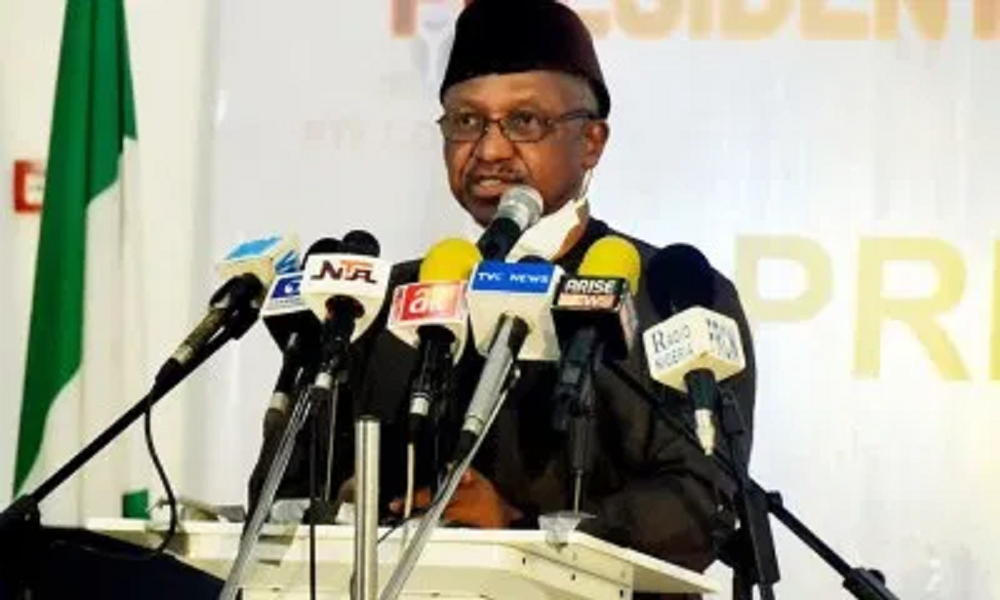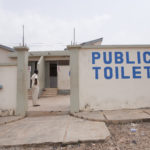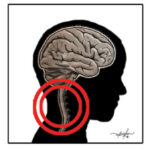The Minister of Health, Dr Osagie Ehanire, on Monday said that 76, 800 Nigerians were tested for COVID-19 in the first 100 days after the index case was recorded in the country.
Saturday 6th June, 2020 marked 100 days since the first confirmed case of COVID-19 in Nigeria.
- Kano unexplained deaths were caused by COVID-19, FG says
- Post-COVID-19 Recovery: Nigeria seeks tourism Marshall Plan
The country has seen and learned a lot about this novel virus, about which so little was known at inception, he said.
According to the Minister: “In these 100 days, we have tested over 76,800 persons, recorded 12,486 confirmed COVID-19 cases in 35 States and FCT, successfully treated and discharged 3,959 persons, but sadly lost 354 Nigerians, most of whom had underlying illnesses.
“Our response during this period has been focused and targeted; at the initial phase, on screening travelers at points of entry, testing for virus importation, tracing their contacts and isolating positive cases,” Ehanire said.
He said that since the country’s entry into the community transmission phase, government had begun more aggressive tracking, testing and increased laboratory network capacity from five to presently 30 molecular laboratories, with a plan for at least one laboratory in every state.
He said: “This way, turnaround time is reduced to a minimum and case finding and management will run smoothly.
“Management of infected cases is being reviewed and improved with revised Clinical Guidelines to be published in accordance with the learning and evolving dynamics associated with COVID-19 and global best practices.
“This includes new discharge protocols, treatment regimen for asymptomatic or symptomatic cases with various clinical conditions.
“We continue to collaborate with states and the FCT with regard to their management of cases with provision of commodities, training and other technical support where needed.”
The Minister added that on Monday the Federal Ministry of Health received the report of the Ministerial Task Team that went to Kano to support the COVID-19 response with commodities, training, technical and confidence building measures.
He said the visit was extended to fact finding excursions to offer support to five other states and that with the observations and recommendations from the three weeks assignment, the committee developed a strategic incident action plan to strengthen coordination capacity of the health workers and improve community engagement in line with the country’s response plan.
He said: “While over 150 health workers had been infected at the time of their arrival, there was no report of an infection among health workers who had received training on infection prevention and control, thus restoring confidence.
“The intervention of the ministerial task force has been a game changer for Kano and some northern States.”

 Join Daily Trust WhatsApp Community For Quick Access To News and Happenings Around You.
Join Daily Trust WhatsApp Community For Quick Access To News and Happenings Around You.


